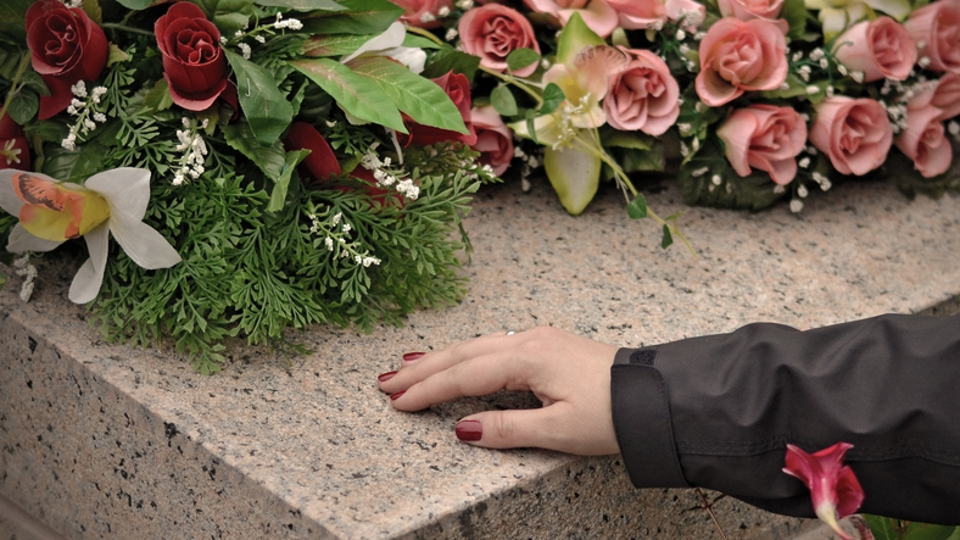Losing a loved one unexpectedly is one of the most painful experiences anyone can endure. When that loss is caused by another person's Negligence or wrongful actions, the emotional toll can be exponentially greater. While no amount of money can replace a lost loved one, wrongful death settlements can provide families with much-needed financial stability during these difficult times. Here’s how these settlements work, the types of compensation available, and why legal assistance is essential in pursuing justice for your family.
What Constitutes Wrongful Death?
Wrongful death occurs when someone’s Negligence, recklessness, or intentional misconduct leads to another person’s death. The legal concept behind wrongful death claims is to hold the responsible party accountable and to compensate the deceased’s surviving family members for their loss. Common situations that result in wrongful death claims include:
1. Car Accidents
Caused by reckless driving, DUI, or other forms of Negligence.
2. Medical Malpractice
Errors like misdiagnosis, surgical mistakes, or neglect in providing proper medical care.
3. Workplace Accidents
Resulting from unsafe conditions, faulty equipment, or lack of proper training.
4. Product Liability
When defective or dangerous products cause fatal injuries.
5. Criminal Acts
Such as assault or other intentional harms leading to death.
Every state has laws governing who can file a wrongful death claim and the timeline for doing so, known as the statute of limitations. Typically, close relatives like spouses, children, or parents of the deceased are eligible to file a claim.
Types of Compensation Available in Wrongful Death Settlements
Wrongful death settlements are designed to ease the financial burden that comes with losing a loved one. Depending on the circumstances, compensation may include the following categories:
1. Economic Damages
These are tangible, quantifiable financial losses experienced by the surviving family, such as:
1. Medical Bills
Any medical expenses incurred before the loved one’s death.
2. Funeral and Burial Costs
Compensation to cover the often significant costs of laying a loved one to rest.
3. Loss of Financial Support
Reimbursement for the income and financial contributions the deceased would have provided over their lifetime.
4. Loss of Benefits
This includes benefits tied to employment, such as health insurance or pension earnings.
2. Non-Economic Damages
These cover the emotional and mental toll caused by the loss, including:
1. Pain and Suffering
Acknowledges the emotional anguish endured by the family after the death of their loved one.
2. Loss of Companionship
Compensation for the absence of the love, care, and guidance the deceased provided to their family members.
3. Loss of Parental Guidance
Applicable if children lose the care and support of a parent.
3. Punitive Damages
Unlike economic or non-economic damages, punitive damages are meant to punish the at-fault party for particularly reckless or dangerous behavior. While not common in every case, they may be awarded in cases of gross Negligence or deliberate harm.
Legal Process for Filing a Wrongful Death Claim
Navigating a wrongful death claim involves several steps, which, when handled correctly, can lead to a fair settlement. Here’s an overview of the process:
1. Consultation with a Wrongful Death Lawyer
The first step is to discuss your case with an experienced attorney who can evaluate its merits and advise you on how to proceed.
2. Investigation and Evidence Collection
Your lawyer will gather evidence to establish Liability. This may include police reports, medical records, accident reconstructions, witness statements, and expert testimonies.
3. Determining Damages
Your attorney will calculate the full extent of your economic and non—economic losses, ensuring that no potential compensation category is overlooked.
4. Filing the Claim
A wrongful death claim will be filed against the responsible party and their insurer. This step officially initiates the process of seeking compensation.
5. Negotiating a Settlement
Most wrongful death cases are resolved through negotiations with the involved insurance companies. Skilled lawyers advocate on your behalf to secure a fair settlement that reflects the full scope of your losses.
6. Litigation, If Necessary
The case may go to trial if a settlement cannot be reached. Your lawyer will present evidence and argue your case in court to pursue the compensation you deserve.
How a Lawyer Can Assist with Your Wrongful Death Case
Partnering with an experienced wrongful death lawyer can make an enormous difference in the outcome of your case. Here’s how legal assistance can support your family during this difficult time:
1. Understanding State-Specific Laws
Each state has unique wrongful death statutes that govern eligibility, deadlines, and damages. A lawyer ensures your claim adheres to local laws, protecting your rights.
2. Establishing Liability
Proving Negligence or misconduct requires strong evidence and sound legal arguments. Your attorney will handle the complexities of demonstrating the at-fault party’s responsibility.
3. Maximizing Compensation
Wrongful death lawyers are skilled in calculating both current and future financial losses, as well as the emotional impact of your loved one’s death. They’ll fight for a settlement or verdict that reflects your family’s losses fairly.
4. Handling Insurance Companies
Insurance providers often seek to minimize their payouts. A lawyer will negotiate aggressively on your behalf and protect you from unfair settlement offers.
5. Reducing Stress
Dealing with legal proceedings while grieving can feel overwhelming. Having a lawyer manage your case allows you to focus on healing and taking care of your family.
Austin Wrongful Death Attorneys
At Briggle & Polan, PLLC, we understand the complexities and emotional challenges involved in wrongful death cases. Our experienced team is dedicated to providing compassionate and effective legal representation to families in Austin, TX. If you are seeking guidance on a wrongful death claim, we invite you to contact us at (512) 400-3278 to discuss your case and explore your options. Let us help you secure the justice and compensation your family deserves.









